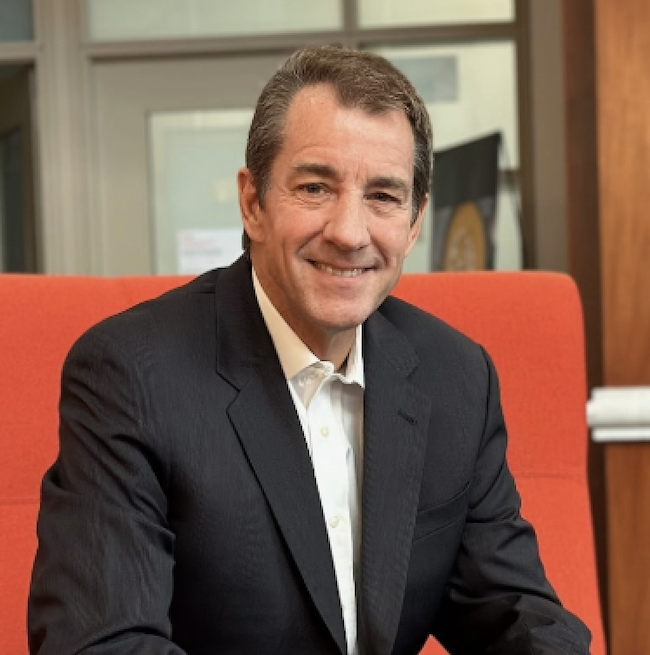
Christopher Austin
Christopher Austin, MD, is senior vice president of Research Technologies at GSK, where he is responsible for the identification and validation of novel genetic targets aligned with the core therapeutic areas, and molecules to modulate them. By integrating the platform and data groups and advancing technologies across target selection, patient identification, and molecule design/CMC, Research Technologies accelerates pipeline value by delivering differentiated, first-in-class targets.
A trained physician, Austin has more than 30 years of experience in clinical practice, academia, and industry. Prior to GSK, he was the founding CEO of Vesalius Therapeutics, where he developed a proprietary platform that efficiently produces precision therapeutics for common diseases. This platform integrates disease phenotypes, human genetics, AI/ML, and human-based translational technologies. As part of this work, he initiated six drug development programs in neuroscience and immunology.
Before his work at Vesalius, Austin held roles at the National Institutes of Health (NIH), where he helped establish the National Center for Advancing Translational Sciences and served as its director. He redefined preclinical laboratories, achieving field-leading productivity in the lead and clinical candidate development. He also led efforts in rare disease treatment development and diagnoses across NIH and internationally, as well as innovative programs in small molecule drug development, gene therapy, and gene-editing technology. In the clinical space, Austin drove the creation of a national clinical trial and implementation science system, and the Clinical Data to Health initiative, which accelerates advancements in clinical informatics, including the first nationwide centralized data enclave of the electronic health record data from academic institutions, enabling pragmatic research as well as machine learning/AI approaches to clinical problems.
Austin began his pharmaceutical industry career at Merck as a senior research fellow in the departments of human genetics and pharmacology and later served as director of the neuroscience department. At Merck, he focused on the genome-based discovery of novel targets and drugs, with an emphasis on common complex neuropsychiatric diseases.
He trained in internal medicine and neurology at Massachusetts General Hospital in Boston and practiced medicine in academic and community hospital settings. Austin also completed a research fellowship at Harvard in developmental neurogenetics, studying genetic and environmental influences on stem cell fate determination. He earned a bachelor’s degree in biology from Princeton University and a medical doctorate degree from Harvard Medical School.